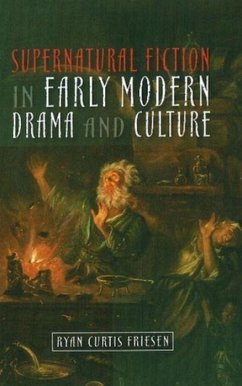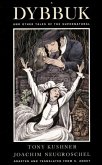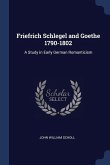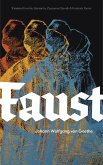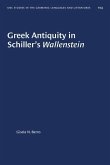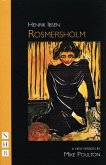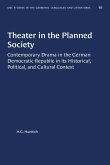Brings together authors of fiction with philosophers and academics in Early Modern England and compares their ways of describing and understanding the world; Explores popular culture as well as the culture of the learned and elite; Examines the intellectual consequences of the Reformation and compares the spiritual and doctrinal practices of the occult to those of orthodoxy. Magic and the supernatural are common themes in the philosophy and fiction of the sixteenth and seventeenth centuries. Supernatural Fiction in Early Modern Drama and Culture explores varieties of scepticism and belief exhibited by a selection of philosophers and playwrights, including Heinrich Cornelius Agrippa, Giordano Bruno, John Dee, Christopher Marlowe, William Shakespeare, Ben Jonson, and Thomas Middleton, explicating how each author defines the supernatural, whether he assumes magic to operate in the world, and how he uses occult principles to explain what can be known and what is ethical. Beliefs and claims concerning im

